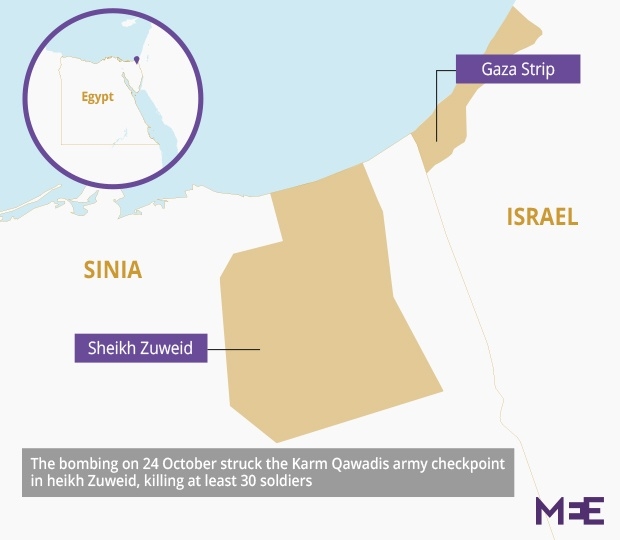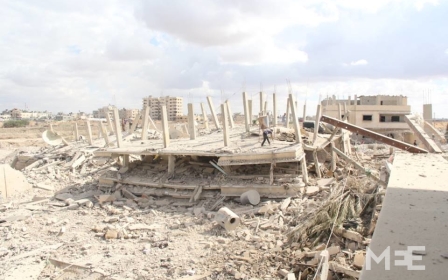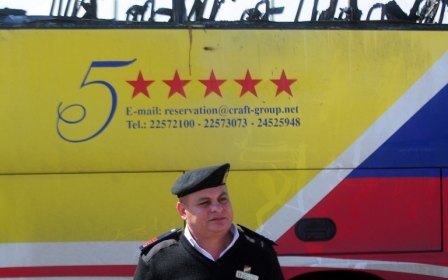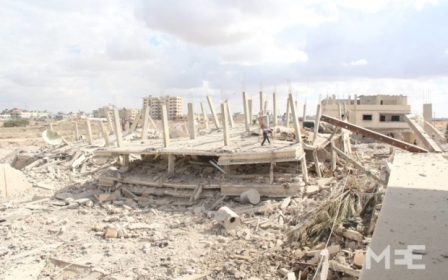Egyptian army kills 7 as Sinai crackdown intensifies
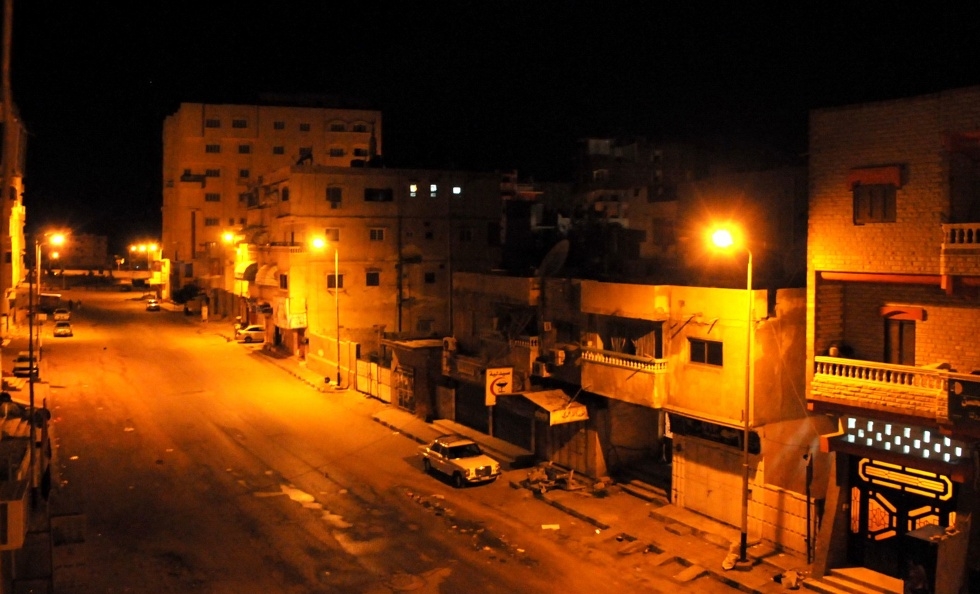
The Egyptian army killed seven suspected “terrorists” within a 48-hour period this week, also arresting 67 suspects.
The army’s official spokesperson confirmed in a post on his official Facebook page on Saturday that Egyptian forces had also destroyed 112 “terrorist headquarters and places of assembly” during Thursday and Friday.
Egyptian authorities are focusing an anti-militant crackdown on the restive Sinai Peninsula on the border with the Gaza Strip, and have launched an extensive campaign of house demolitions in an attempt to establish an expanded 1,000 metre-wide buffer zone next to the Hamas-run coastal enclave.
The tough measures come after a huge attack on 24 October that killed over 30 soldiers stationed in al-Arish, the capital of North Sinai.
In the face of the Egyptian army’s ongoing campaign, militant attacks have been almost constant since last month’s landmark bombing, for which Ansar Beit al-Maqdis have claimed responsibility.
On Saturday an IED exploded at the eastern entrance to al-Arish, some 50 kilometres west of the Rafah border crossing with the Gaza Strip, which has been under complete lockdown until further notice since the 24 October bombing.
Saturday’s explosion targeted a coach carrying soldiers returning to their stations from holiday - three were injured in the blast, which came amid heightened security measures across North Sinai.
The key Sinai cities of al-Arish, Sheikh Zuweid and the border town of Rafah have seen a huge deployment of soldiers since Saturday morning, and military sources told Egyptian daily Youm Sabia that “intense arrest and raid operations” were ongoing.
The Egyptian government is in a campaign to wipe out militant activity from the under-resourced region of North Sinai.
President Abdel Fattah al-Sisi said in an interview with France 24 on Thursday, ahead of a visit to France and Italy next week, that the crackdown is necessary to protect Egyptian sovereignty.
Sisi also said that the moves aim to prevent the area becoming a base for attacks against Egypt’s neighbour, Israel - but civilians say the security measures are having a devastating impact on everyday life.
In the wake of October's attack, a three-month-long curfew was imposed on much of North Sinai, forbidding citizens from leaving their houses from 17:00 in the evening to 07:00 in the morning.
Youm Sabia reported that, even during the daytime on Saturday, the streets of Sheikh Zuweid and al-Arish were deserted, with most people staying in their homes.
In addition to the curfew, authorities announced on Wednesday that schools in Rafah and Sheikh Zuweid would be closed “until further notice.”
Mohammed, a teacher in Sheikh Zuweid who spoke to Reuters, said that violence in the area is escalating, and that teachers and pupils are in danger.
“We are putting our lives at risk on a daily basis. Sometimes there is fire between gunmen and the armed forces and stray bullets hit some of us.”
A second teacher, who preferred not be named, said he and his colleagues had renamed the trip to and from school “the journey of death.”
Middle East Eye propose une couverture et une analyse indépendantes et incomparables du Moyen-Orient, de l’Afrique du Nord et d’autres régions du monde. Pour en savoir plus sur la reprise de ce contenu et les frais qui s’appliquent, veuillez remplir ce formulaire [en anglais]. Pour en savoir plus sur MEE, cliquez ici [en anglais].


